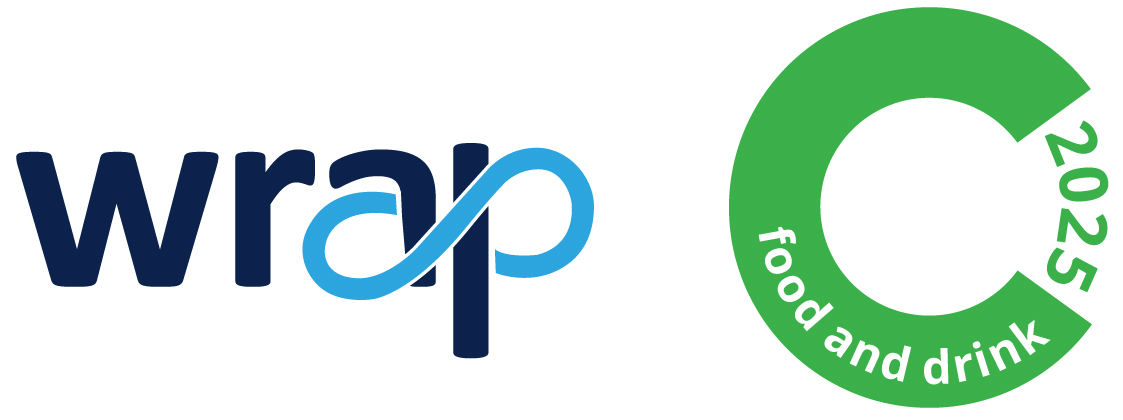By 2050 it is predicted that the consequences of meeting the projected demand for food could contribute 2° C to global warming. This is exacerbated by high levels of waste in the food chain; for every three tonnes of food we eat, another tonne is thrown away. Many popular foods come from parts of the world that are subject to water stress and scarcity.
This calls for a strategic and collaborative approach by sector leaders. The economic impact is also enormous. Throwing away good food costs the average family in the UK around £700 a year. Achieving the Courtauld targets could mean cumulative savings to the value of £20 billion by 2025.
Good progress has already been made by major businesses in the food and drink sector since 2007, in collaboration with WRAP. Under the Courtauld Commitment 3 (2012-15), for example, reducing food waste saved businesses over £100 million. And the Hospitality and Food Service Agreement (2012-15) saved businesses £67 million.
Courtauld 2025 expands the range of stakeholders taking action along the entire food chain, and widens the environmental benefits. Our collective ambition is to cut the resource needed to provide our food and drink by one-fifth over ten years.
